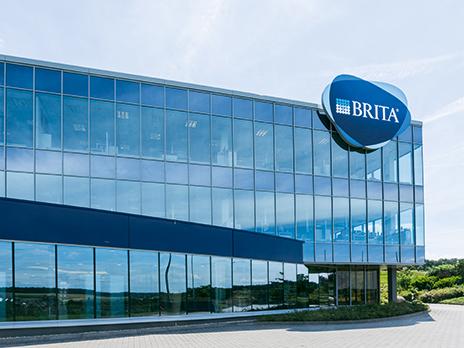Author: Steve Buckmaster, Director of Sales at BRITA Professional
For many years, sustainability has been a topic of high importance for the hospitality sector. As we move towards a new year, in the wake of fresh commitments made at COP26, environmental awareness is at an all-time high.
While the coronavirus pandemic has challenged businesses across the country, it has also been a huge catalyst for change, sparking a renewed energy to address unsustainable practices industry-wide.
Eliminating plastic pollution has arguably been the main focus of this movement so far. Our research[1] found that 50% of hospitality professionals believe that reducing single-use plastics will have the most influence on the future of their business, and encouragingly, 58% of venues already have a plastic bottle/disposable cup levy in place.
The rationale behind reducing single-use plastics, such as drinking straws, drink stirrers, and disposable cups and lids, is widely understood and accepted – for good reason. The Ellen MacArthur Foundation[2] has said that if we don’t act now, by 2050 there could be more plastic than fish in our oceans. However, while the importance of reducing plastic should not be overlooked, there are many more sustainable actions businesses can also take.
It’s now time for hospitality businesses to apply the same focus and passion to the variety of other ways they can reduce their environmental impact, not only in the front of house environment, but behind the scenes too.
BRITA Professional has partnered with experts at Zero Carbon Forum and Green Element to explore some of the key ways in which hospitality businesses can make positive strides in achieving their sustainability targets and reducing their carbon footprint.
[1] Research conducted by 3GEM within hospitality, catering and foodservice businesses (July 2021)






